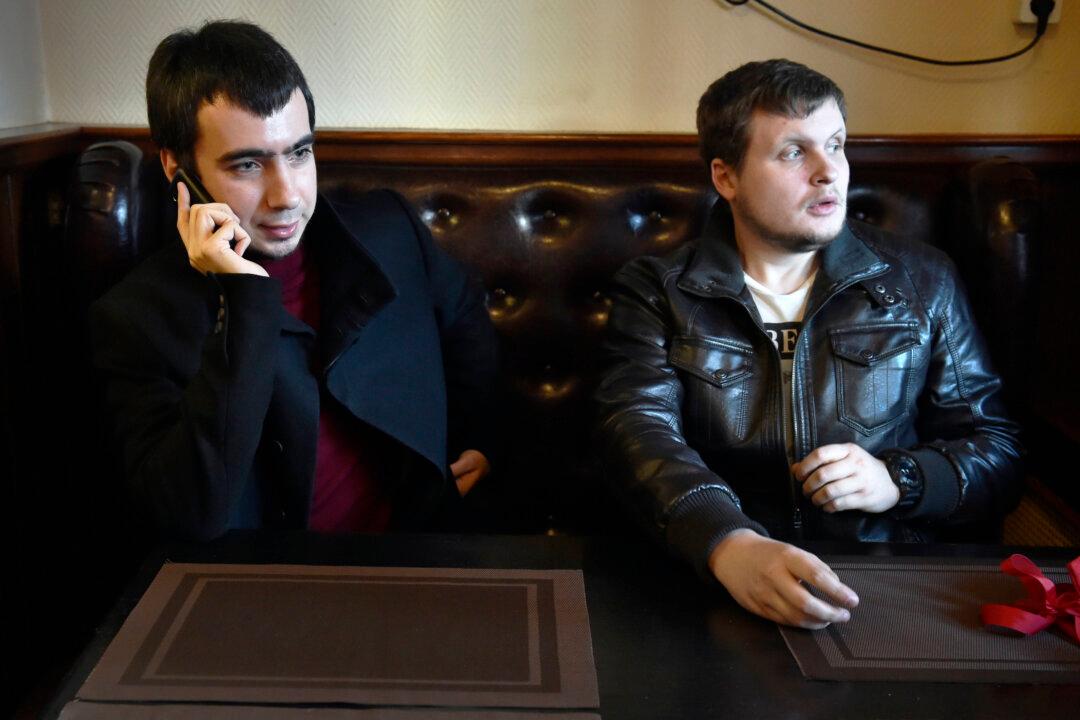YouTube has removed an account that published hoax video calls with British ministers that the UK said were doctored and part of the Kremlin’s “disinformation” on Ukraine.
The Google-owned video platform didn’t find breaches to its “community guidelines,” but said the termination of channel “Vovan222prank” on Friday was a part of its “ongoing investigation into coordinated influence operations linked to Russia.”





